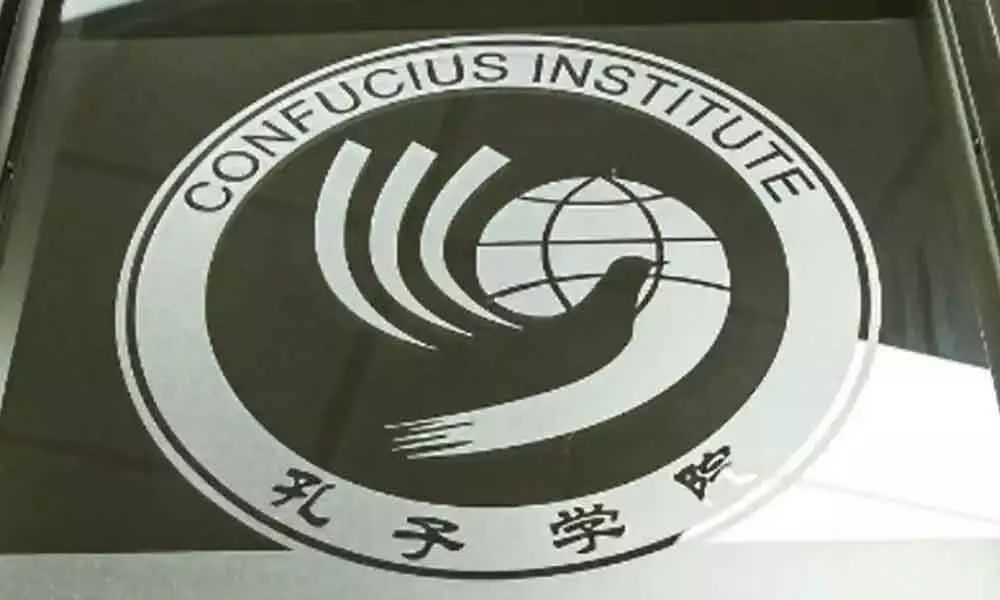Iron fist in a velvet glove

Iron fist in a velvet glove
In recent years, Confucius Institutes have come under scrutiny as they are viewed as massive ‘soft power’ campaigns
In recent years, Confucius Institutes have come under scrutiny as they are viewed as massive 'soft power' campaigns. These CIs are under watch as they influence global discourse about China and protect China's image from being tarnished within the international context. The Hanban Website indicates that there are currently 541 Confucius Institutes (CI) operating in several countries.
The most rapid expansion, however, took place within the first six years (2004-2010) when Hanban established 322 Confucius Institutes and 369 Confucius Classrooms (CCs) in 96 countries. This should not be any topic of interest for people other than the students who wish to pursue their Chinese courses to better their academic qualifications and in pursuit of employment. But this is the not the case, however, because of the role the CIs are playing in giving their feedback to Chinese government.
The USA is the leading country with 81 CIs while the UK is the second one with only 30. This unprecedented growth has raised the eyebrows of several academicians, law makers, and activists as to what extent China would go to exert its soft power in the world. The CIs' are not private institutes run like any institutes (of other countries).
Headquartered in Beijing under the direct financial and managerial supervision of one of China's most important government bureaus, the Ministry of Education, the Office of the Chinese Language Council International, known colloquially as Hanban, operates Confucius Institutes all over the world. Informed opinion tells us that it is a misguided perception to claim that CIs are very similar to the well-known European language and cultural organisations, such as the British Council, Alliance Francaise, etc. This narrative is misleading and tends to give CI its unearned credibility.
Although Hanban likes to compare Confucius Institutes to European language and culture organisations, such as the Alliance Française and the Goethe‐Institute, CIs are fundamentally different in significant ways. For example, unlike the European counterparts, CIs are not only stand-alone but are also strictly under the Ministry of Education's supervision and direction. CIs deliberately seek and explore to associate with prestigious institutions in host countries for garnering prestige and credibility to CIs.
Hanban has shown a great deal of eagerness and excitement to establish partnerships with host country institutes but has not matched their willingness with similar zeal to allow host country programmes in China. To this end, the US has criticised Hanban's lack of reciprocity. The Constitution and By-laws of CI stipulate that permission or authorisation from the Hanban Headquarter is required before any activity is conducted under the CI's name.
This condition leaves no programming flexibility for host institutes. This denies participants access to multiple perspectives and is, thus, tantamount to ideological indoctrination. India has only three Confucius Institutes, located at the University of Mumbai, Vellore Institute of Technology, and Lovely Professional University.
In recent months, these Institutes have come under the scrutiny of the Government of India and could be shut down any moment. What these CIs and CCs do is simple: they give you money and ask you not to talk about Tibet, about Xinjiang, Wuhan, Tiananmen Square, Falun Gong, Leh etc. These institutes are meant to wage Chinese psychological war against the world. Let's know this.














